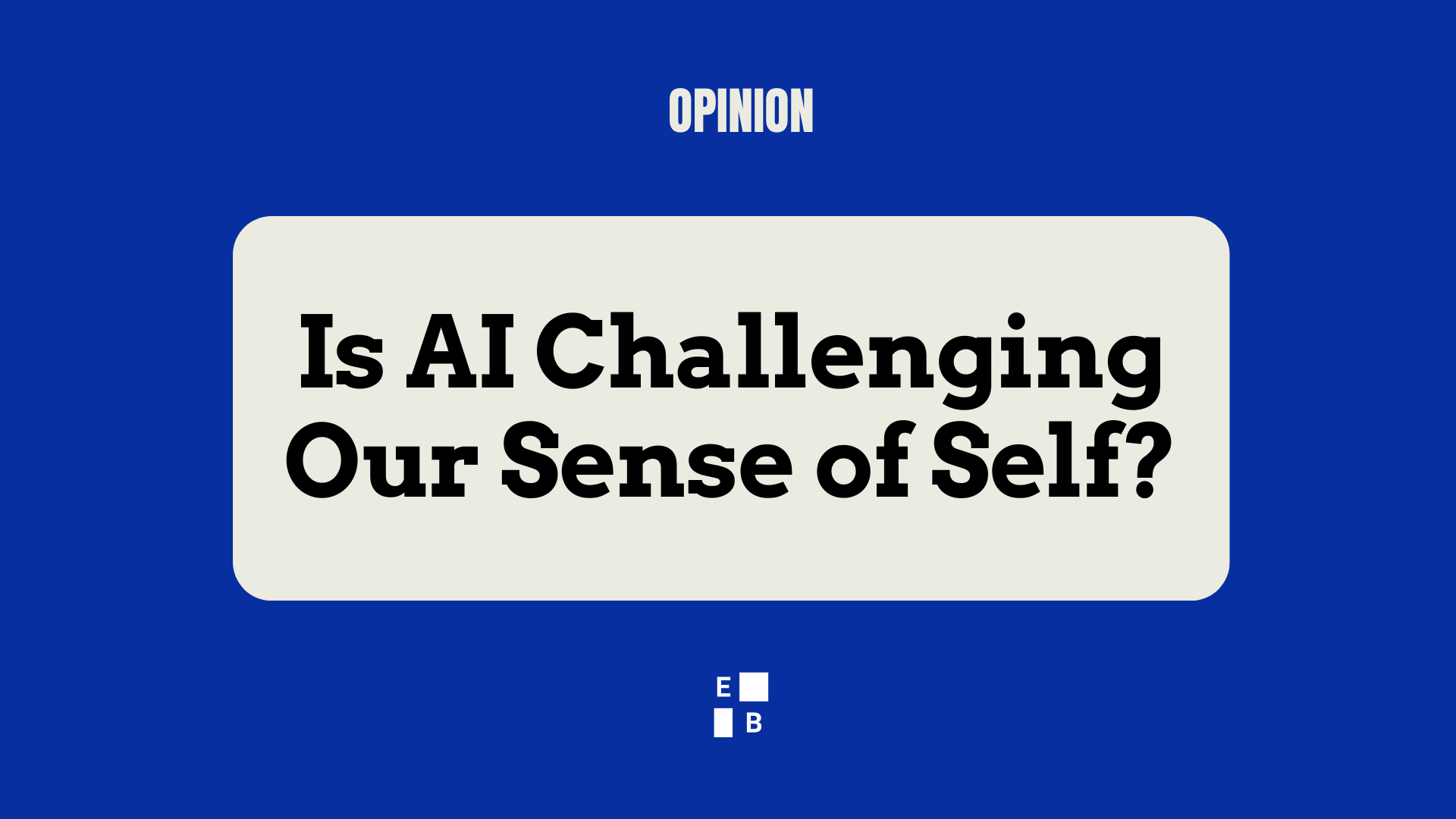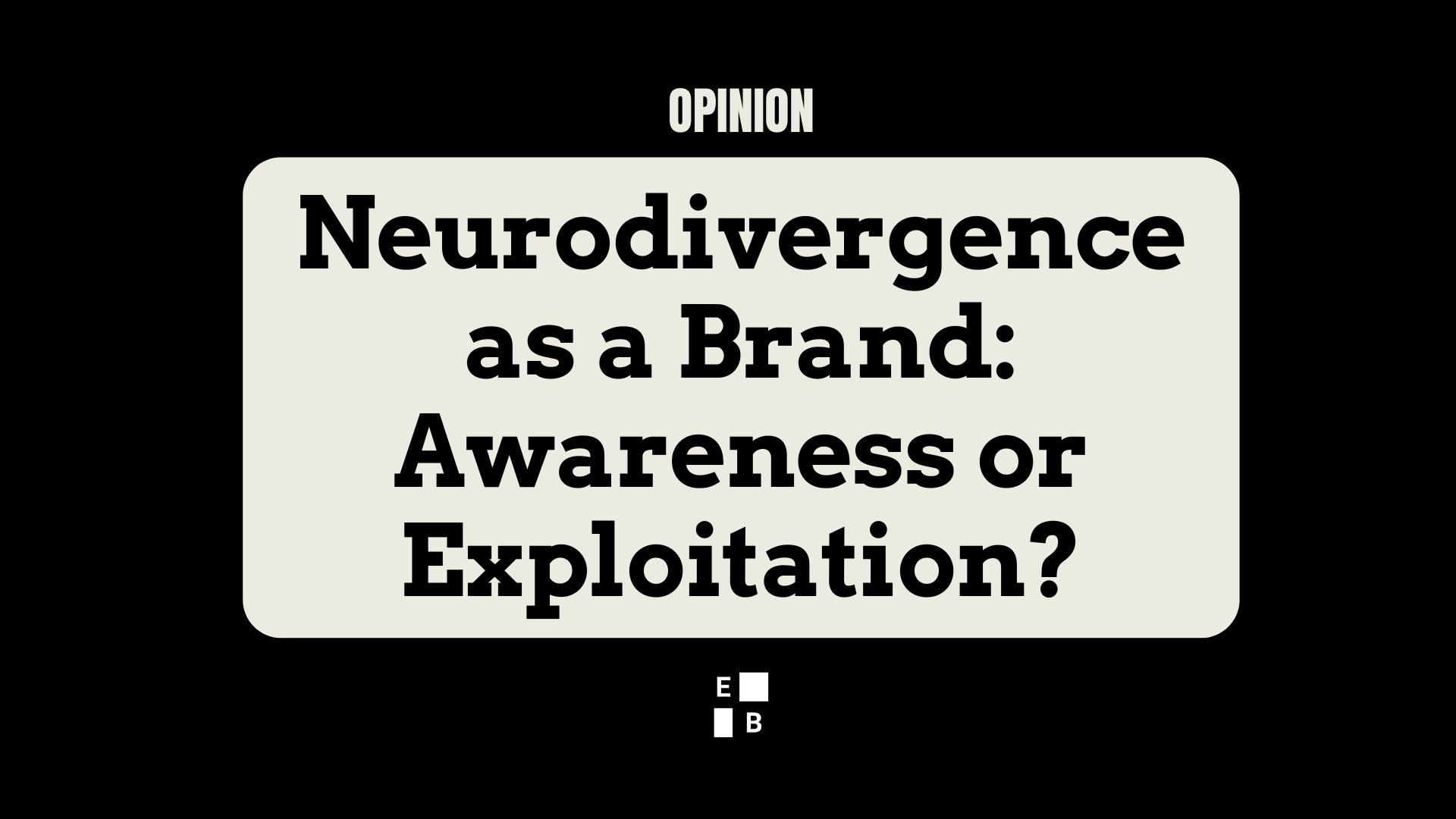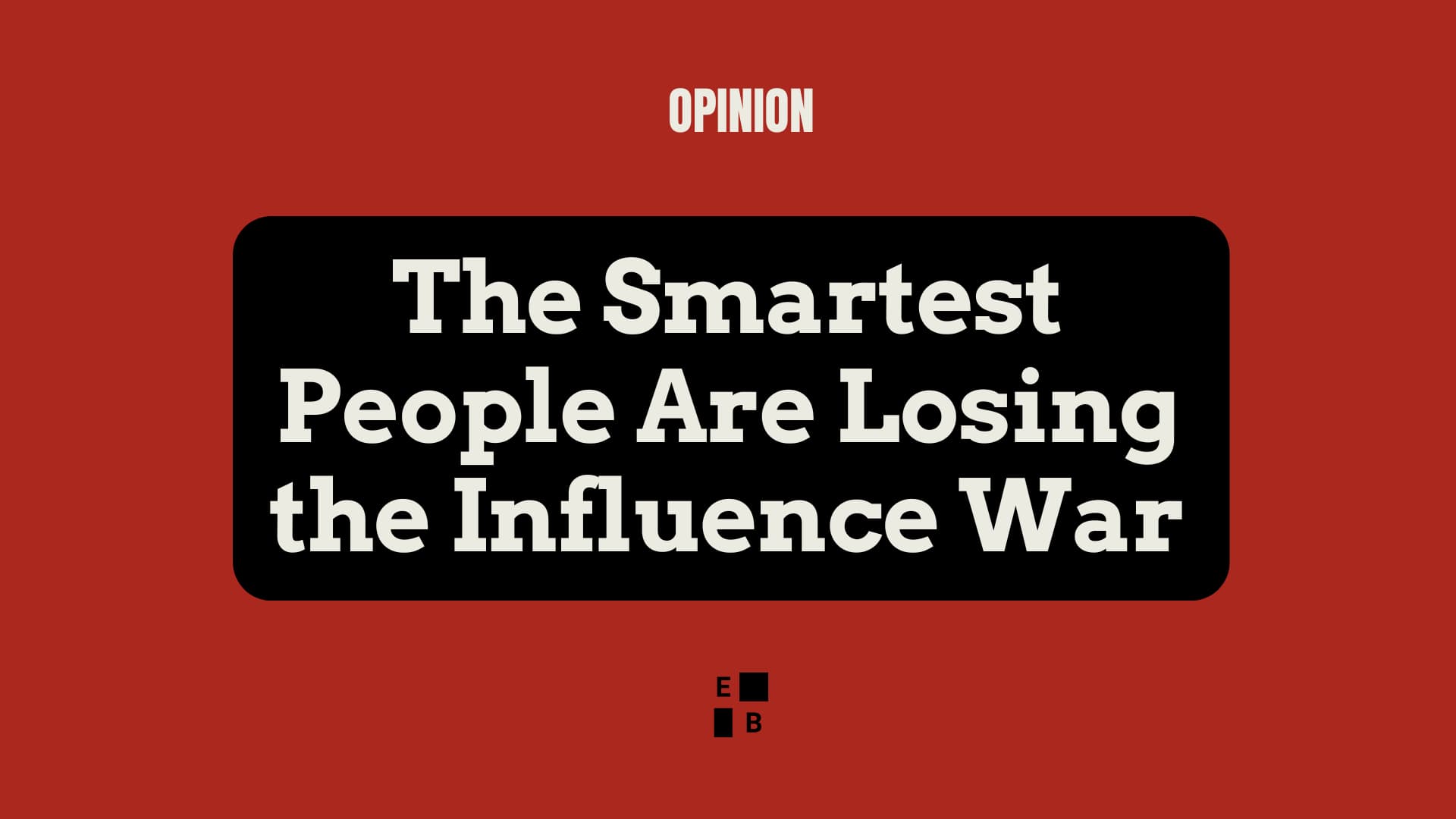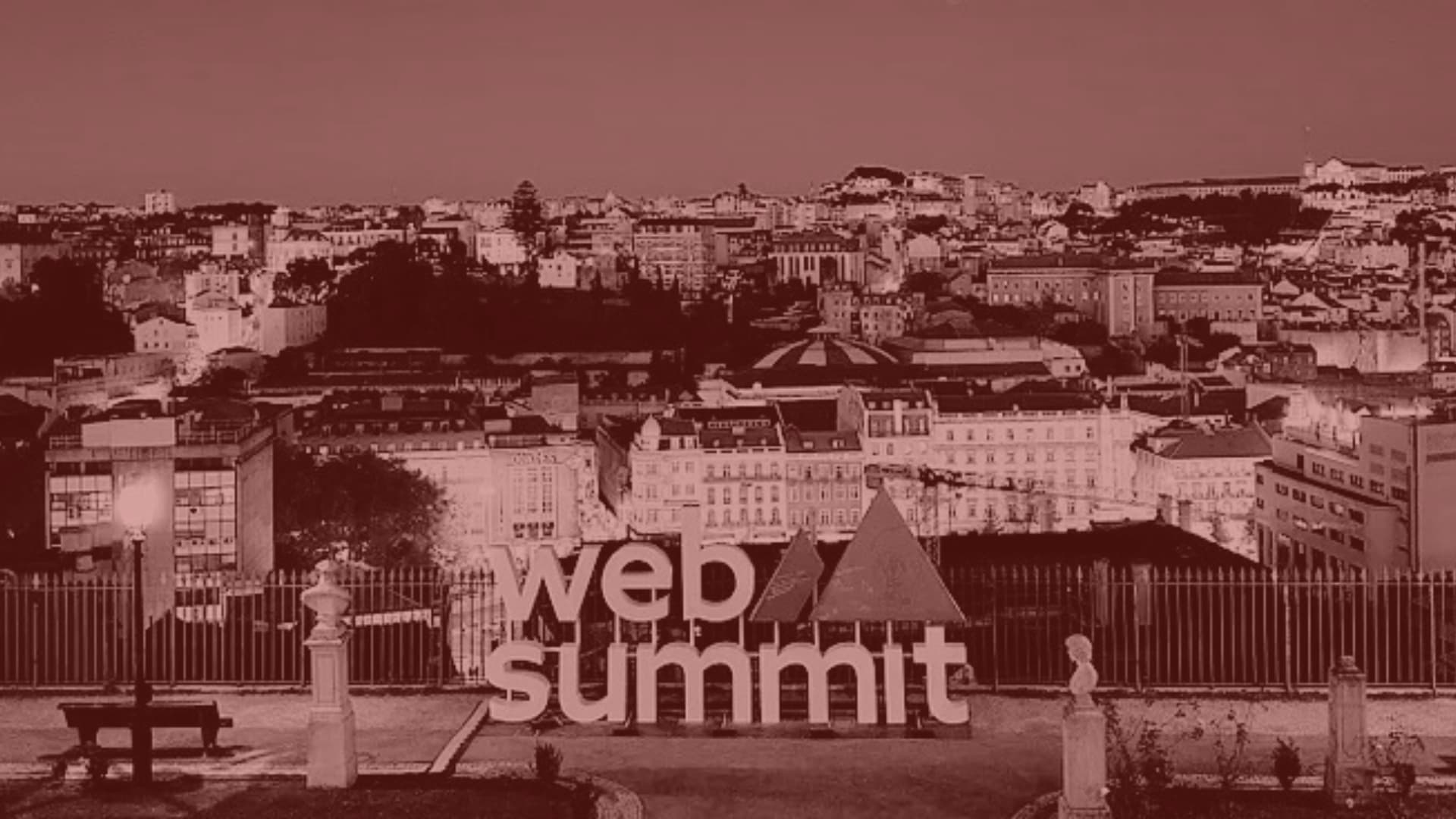

Has mental health discourse been co-opted by marketing? From self-diagnosis trends to influencer-driven branding, we examine how struggles are being repackaged as identities and sold back as products. Are we empowering people, or just making fragility a business model?
In the United Kingdom, autism diagnoses have jumped 787% in just two decades. The number of British women taking online ADHD tests increased by 3,200% (!!) between 2019 and 2021. And yet, amid all this “awareness”, people are not getting happier. In fact, quite the opposite seems to be happening.
This is the paradox. The more we label, the less we seem to heal. And behind it all, just beneath the hashtags, the awareness campaigns, the sleekly produced brand messaging, is a machine that sells not just products, but identities.
Mental health used to be a topic of clinical discussions. Now, it has become the centerpiece of public consciousness. It is marketed, monetized, and transformed into personal branding. Self-diagnosis tools flood social media feeds, influencers create viral content about their neurodivergence, and brands align themselves accordingly. Where attention goes, marketing follows.
Sami Timimi, a psychiatrist and author of “Searching for Normal”, suggests that this explosion of mental health discourse serves power structures. “Politicians love mental health initiatives because it suits them to pretend that it’s our broken brains making us anxious rather than the social conditions they have created,” he writes. “It’s easier to rule over a population constructed as needing paternalistic care and sympathy than one made of people who are intelligent, capable, and resilient.”
The branding of mental health is not new. For decades, industries have thrived by identifying human discomfort, repackaging it as a solvable problem, and then selling the solution. First, it was diet culture. Then self-care. Now, it’s neurodivergence.
Women, in particular, have found themselves at the center of this latest wave. In the past certain frustrations were labeled as “hysteria.” The underlying message is that our struggles are not the result of a broken system, unrealistic expectations, or a culture that demands perfection from women while offering little support. No, they are a disorder, a chemical imbalance, a personal problem, best solved with a label, a community, a set of tailored products just for you.
Books like “The Age of Overdiagnosis” by neurologist Suzanne O’Sullivan and “Bad Therapy: Why the Kids Aren’t Growing Up” by Abigail Shrier argue that we have entered an era where struggle is not seen as a normal part of life but as a symptom. A signal that something is wrong with you, not with the world around you.
Which brings us to a fundamental question: Is it ADHD, or is it that the definition of ‘normal’ is broken?
We live in an era of relentless stimuli. Constant digital overload, economic uncertainty, social comparison at a scale never before seen in human history. Attention is fractured and exhaustion is the norm. These experiences seem to be a natural response to a chaotic world. But today, they are self-diagnosed (or over-diagnosed) as symptoms of disorders. Conveniently, there ways to exploit them for your social content and solutions you can buy. Win-win!
Marketing has always been about storytelling, about shaping the way we see ourselves and the world. And now, it is shaping how we understand our very minds.
There is no question that mental health awareness has done real, measurable good. But there is also no denying that when something becomes a marketable concept, it risks losing its meaning. The responsibility of people on media is to consider what we are reinforcing. Are we empowering resilience, or are we deepening fragility? Are we exposing real struggles, or are we manufacturing new ones?
The stakes are high. Because once a “label” becomes a brand, it stops being about healing. It becomes about business. And business, as we know, is booming.



